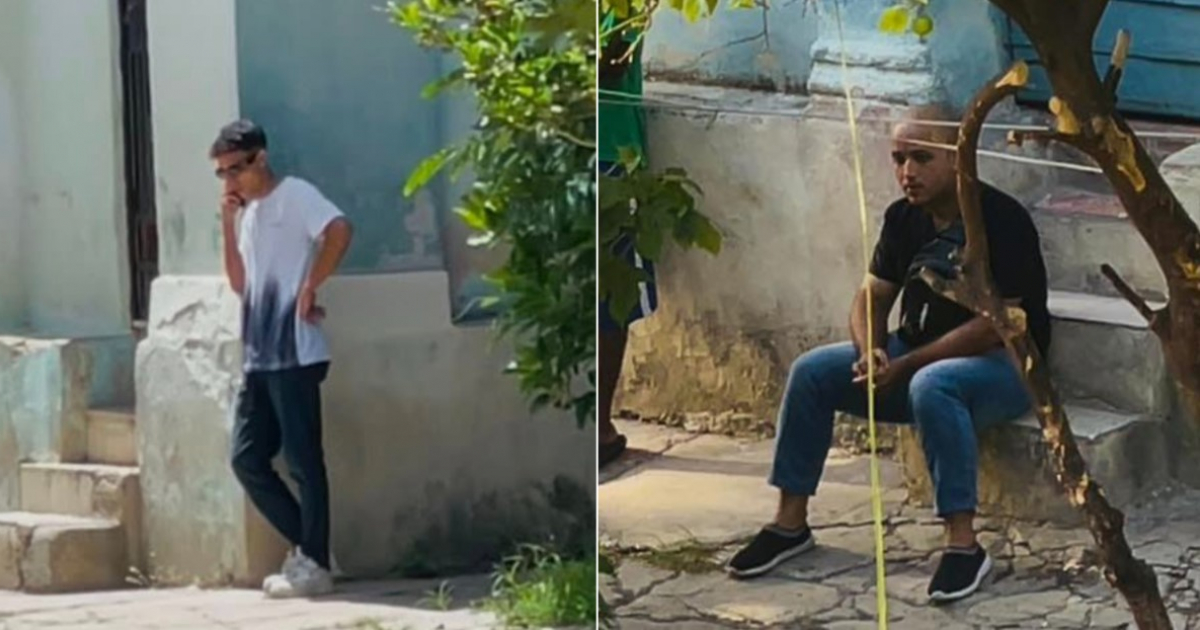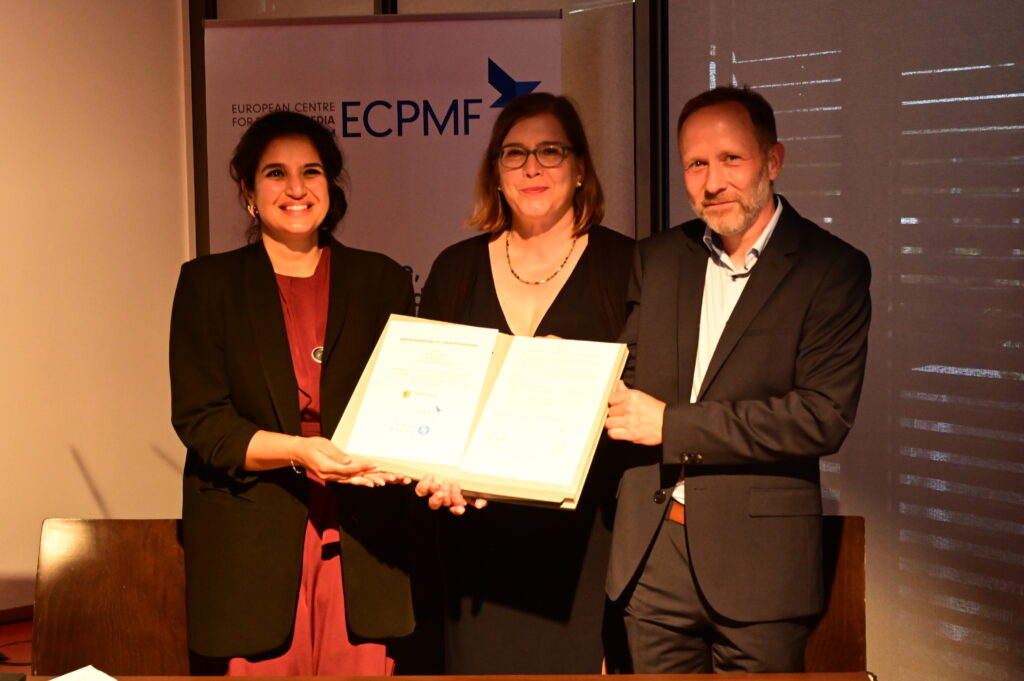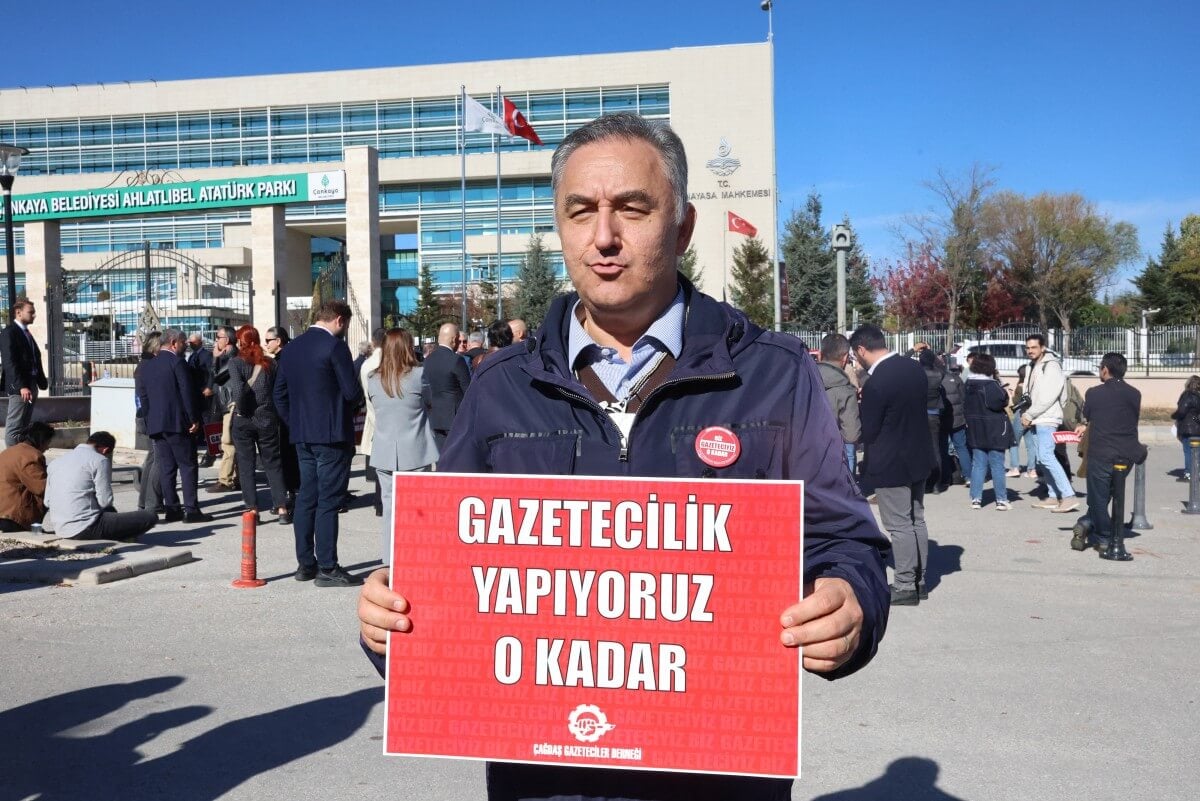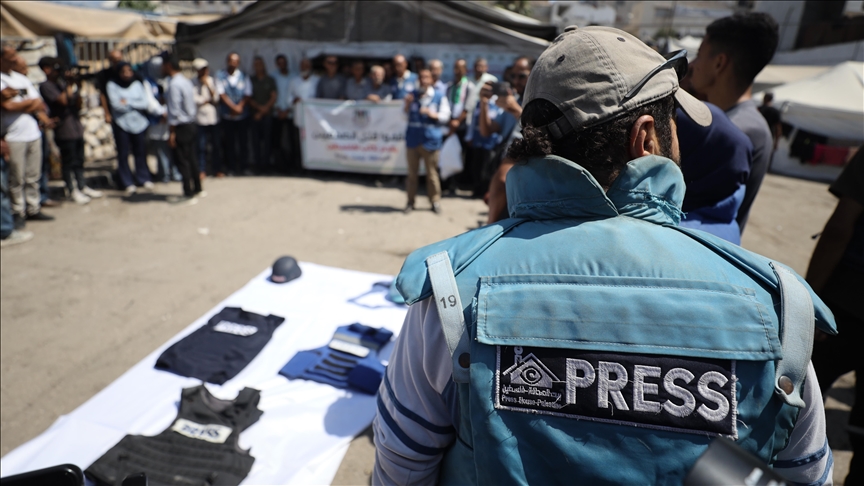
Cuban Journalist Camila Acosta Besieged by State Security Surveillance at Home
September 9, 2025
Leipzig Becomes a Sanctuary: Shelter City Leipzig Launches to Protect Journalists in Europe
September 9, 2025September 09, 2025 – Turkey –
A Turkish court has imposed a travel ban on journalist Tolga Şardan, following a criminal complaint filed by the Information and Communication Technologies Authority (BTK). The complaint stems from a column Şardan wrote, accusing the BTK’s central database—holding credentials for electronic signatures (e-signatures)—of being compromised in a major cybersecurity breach. Şardan had published his piece on September 5, 2025, warning that no user of e-signatures could consider their credentials secure. The BTK immediately dismissed the allegations as baseless and lodged the criminal complaint.
On the day he was taken to the Ankara courthouse by police, Şardan was brought from a hospital, where he had been undergoing a medical check-up. Despite the BTK’s denial, Şardan defended his reporting in court, insisting on its accuracy. Nevertheless, prosecutors petitioned for and secured the imposition of a travel ban, limiting his freedom of movement.
This development unfolds amid one of Turkey’s most serious cybersecurity crises to date. Prosecutors have indicted 220 suspects alleged to be part of a 35-member network that reportedly cloned the electronic signatures of public officials to misuse government systems. Using these forged credentials, the group purportedly manufactured official documents—including driver’s licenses, diplomas, procurement contracts, and other state records.
In Turkey’s digital bureaucracy, e-signatures hold significant power: they are legally equivalent to handwritten signatures and are used to authorize state spending, official appointments, policy directives, tenders, and more. The potential misuse of these credentials represents a breach not just of documents, but of the state’s entire institutional machinery.
Şardan’s case underscores the perilous environment for press freedom in Turkey, where reporting on sensitive matters can lead to punitive measures under broad charges such as “misleading information”—commonly used to stifle dissent. The 2025 World Press Freedom Index by Reporters Without Borders already places Turkey among the most repressive media environments in Europe.
Reference –
Turkish journalist hit with travel ban over column on alleged electronic signature breach




